The nutrition and dietetics space is so oversaturated that it may be difficult to discern myth from fact. The internet is full of recipes, information, and science that seems to be all over the place! We know that this can be confusing and worrisome, especially when trying to keep our bodies feeling their best, embarking on a new health journey, or trying out a new fitness routine. We all want to eat healthy, fuel our bodies with the “right” foods, and feel good from the inside out; but how can we do this when we’re hearing differing opinions each day? Here at Arrae, we’ll give it to you straight: backed by science and current literature, our newest series “Myth or Fact” will give you all the right info and empower you to make the right choices for your body, from nutrition to wellness trends to the latest in science.
Myths can be especially deceiving in the nutrition field. Everybody’s body is different, and it can be challenging to navigate all of the information out there. This is especially true when choosing what to put in our bodies each day. Day after day, choosing meals, making an ingredients list, preparing, and cooking three meals can seem like a lot of work! Some of us may be routine eaters; as in, we enjoy eating the same or similar foods every day. However, some of us may want to break free of this routine and try something new. This is where experimenting with a plant-based diet comes in.
What is a Plant-Based Diet?
A plant-based diet is any eating pattern that focuses around minimally processed foods derived solely from plant sources. This can include fruits, vegetables, whole grains, legumes, nuts, seeds, oils, and meat substitutes. Eating more plant-based doesn’t mean you have to go full on vegetarian or vegan. Rather, it just means that a majority of your food intake comes from plant foods. Some individuals can opt to include smaller amounts of meat and fish, while still focusing heavily on vegetarian foods. This is referred to as a flexitarian diet. An eating plan that cuts out meat but includes fish is known as a pescatarian diet. People who don’t eat meat or fish but include dairy and eggs are vegetarian, while those who cut out any animal-derived products are vegan. The variation in these eating patterns allows for personal flexibility; we get to choose what to put in our bodies and have the freedom to experiment with multiple different foods!
It’s been found that consuming a plant-based diet that includes plenty of fruits and vegetables leads to a greater fiber intake as well as good amounts of ingested vitamins and minerals, including vitamin Bs, vitamin C, and potassium. However, even though these diets do include many staple foods, there are a lot of myths surrounding following a plant-based way of eating. Have you ever wondered if going plant-based is for you? Keep reading to learn the five biggest myths of plant-based nutrition and learn the facts before trying it out.
Mythbusting
Myth 1: A plant-based diet doesn’t provide enough protein.
Fact: The Recommended Daily Allowance for protein for most adults is 0.8 grams of protein per kilogram of body weight. This averages out to about 56 grams per day for men and 50 for women. Most Americans eat about 100 grams of protein a day, or roughly twice the average amount! There are various plant-based foods that contain good amounts of protein, including:
- Lentils
- Beans
- Tofu
- Nuts
- Seeds
- Whole grains
The American food industry has made us believe that adequate amounts of protein can only come from meat or fish, rather than other foods. However, protein comes from a variety of plant foods, like starches and beans, which have been found to supply enough essential amino acids per day. The American Dietetic Association agrees that “diets that limit or exclude animal products are healthful and nutritionally adequate to those that don’t”, so you can decrease the pressure on consuming enough protein.
Myth 2: Plant-based diets are too expensive.
Fact: Plant-based diets focus on minimally processed foods, including fresh fruits and vegetables. Instead of buying the $10 vegan ice cream (which may not even be good for us!), we can focus on a trip to the farmer’s market instead. Fruits, vegetables, and legumes can be purchased frozen or canned, which saves money and allows for a longer shelf life. Research shows that these frozen options are full of vital nutrients because these fruits and veggies are picked and frozen at their ripest, and then flash freezing them allows for optimal preservation. Grains and legumes can be purchased in bulk and can be stored in the pantry for a long time, decreasing spending and time spent at the grocery store. By trying new recipes and focusing on adding in spices and new flavors, fruits and vegetables can go a long way and give you a big bang for your buck.
Myth 3: Plant-based diets are restrictive.
Fact: The word “diet” itself makes any eating behavior seem limiting. Instead of thinking of being plant-based as a “diet” (after all, diets have been found to be ineffective and unsustainable), recreate this narrative as trying out a new “eating pattern”. Thinking about food in this way gives us the flexibility to change this pattern at any time, without worrying about “cheating” or having a bad eating day.
To understand the way you eat, it may be helpful to start by making a loose food log, recognizing which foods are a staple in your diet. This may vary from chicken, dairy, eggs, and processed foods. Many of us have eaten the same way for such a long time that we may not realize how dependent we are on certain foods. By shifting our perspective, we may realize that we are able to choose plant-based options that may satisfy our palettes even more than other foods. By substituting meats for mushrooms, tofu, and legumes and opting for minimally processed desserts, we can gain access to a completely different way of eating.
We can use the internet (and its plethora of information) to our advantage. By simply searching “plant based [your desired dish]” it’s almost guaranteed that someone has tried, and perfected, a plant-based modification to your favorite food. Get comfortable with trying new foods and combining flavors and ingredients in new ways. The worst that will happen is that you may just not enjoy the taste of certain foods, and that’s okay! Being curious and courageous is the start of mastering a new way of eating.
Myth 4: Plant-based diets will not be filling enough.
Fact: Many of us have become accustomed to thinking of a full meal as one that includes meat or fish, as it may be difficult or new to envision vegetables making us full enough. Plants are low in calorie density, meaning they have less calories per weight than meat or fish would. However, fruits, vegetables, and whole grains are extremely high in fiber. Fiber is our friend, and is what makes us feel full and satiated after a meal. Studies have found that only 5% of Americans are getting enough fiber as a result of overly processed foods and cheaper, fast food options. Fiber, though, does wonders for our gut microbiome and has been linked to a lower incidence of cardiovascular disease, inflammation, and diabetes by controlling blood sugar levels. There are so many fiber-filled foods out there just waiting to be enjoyed! Start by incorporating oats with nut butter and fresh fruit for breakfast, or enjoy sweet potato and black bean tacos for dinner. We promise you’ll leave the table feeling full, satisfied, and pleasantly surprised at your vegetable intake.
Myth 5: All plant-based foods are healthy.
Fact: There are vegetarian and vegan substitutes for almost anything now, but just because something is plant-based doesn’t mean it’s healthy. A plant-based diet can still include less healthy foods (did you know Oreos are vegan?!), and just like any diet, should be saved to enjoy in moderation. The best strategy is to focus more on whole foods and less on multi-ingredient processed ones. Have you ever heard the rule, “If something contains more than five ingredients you can’t pronounce, you shouldn’t eat it?”. This holds true for a plant-based approach to eating, too. If a food contains an ingredient not normally found in the kitchen, it’s probably best to steer clear. If this feels limiting, remember that cooking and baking with new ingredients can be fun! Instead of opting for store-bought cookies, make your own. This way, you’ll know exactly what’s in them and can take pride in making a delicious dessert.
All in all, there are a lot of myths about plant-based eating out there, but the most important thing to remember is that healthy eating doesn’t have to be boring. There are so many fruits, vegetables, and whole grains that can be combined into fancy-looking dishes (Ratatouille, anyone?) right in our own kitchens. A plant-based diet can provide the body with plenty of protein, nutrients, and energy and is a great way to increase plant food intake while still feeling full. If you’re feeling inspired, take time to write out a plant-based grocery list and look up a few recipes. Here’s to trying something new!
Disclaimer: This blog post is purely informational and does not imply any evaluation by the Food and Drug Administration. This blog post is not intended to diagnose, treat, cure, or prevent diseases, nor should it substitute for advice from a healthcare professional.
References:
Nazish, Noma. “The Biggest Plant-Based Eating Myths That Nutritionists Want You to Stop Believing.” Forbes, Forbes Magazine, 30 June 2021, https://www.forbes.com/sites/nomanazish/2020/04/30/the-biggest-plant-based-eating-myths-that-nutritionists-want-you-to-stop-believing/?sh=22ed91045994.
Zayed, Sara. “6 Myth-Busting Facts about Plant-Based Diets.” Healthline, Healthline Media, 15 Mar. 2019, https://www.healthline.com/health/food-nutrition/plant-based-myths-debunked#Myth-5:-Youll-be-hungry-on-a-plant-based-diet.

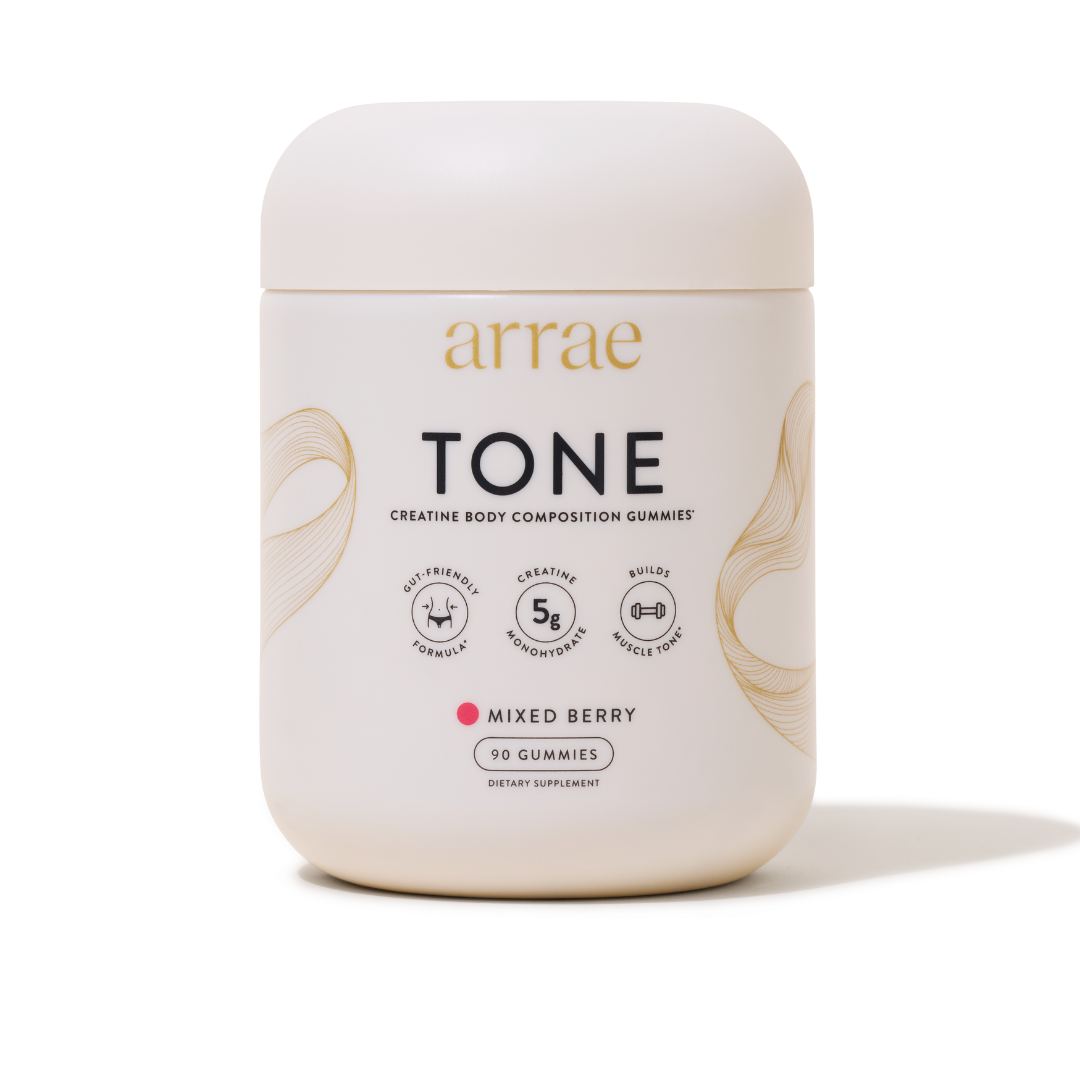
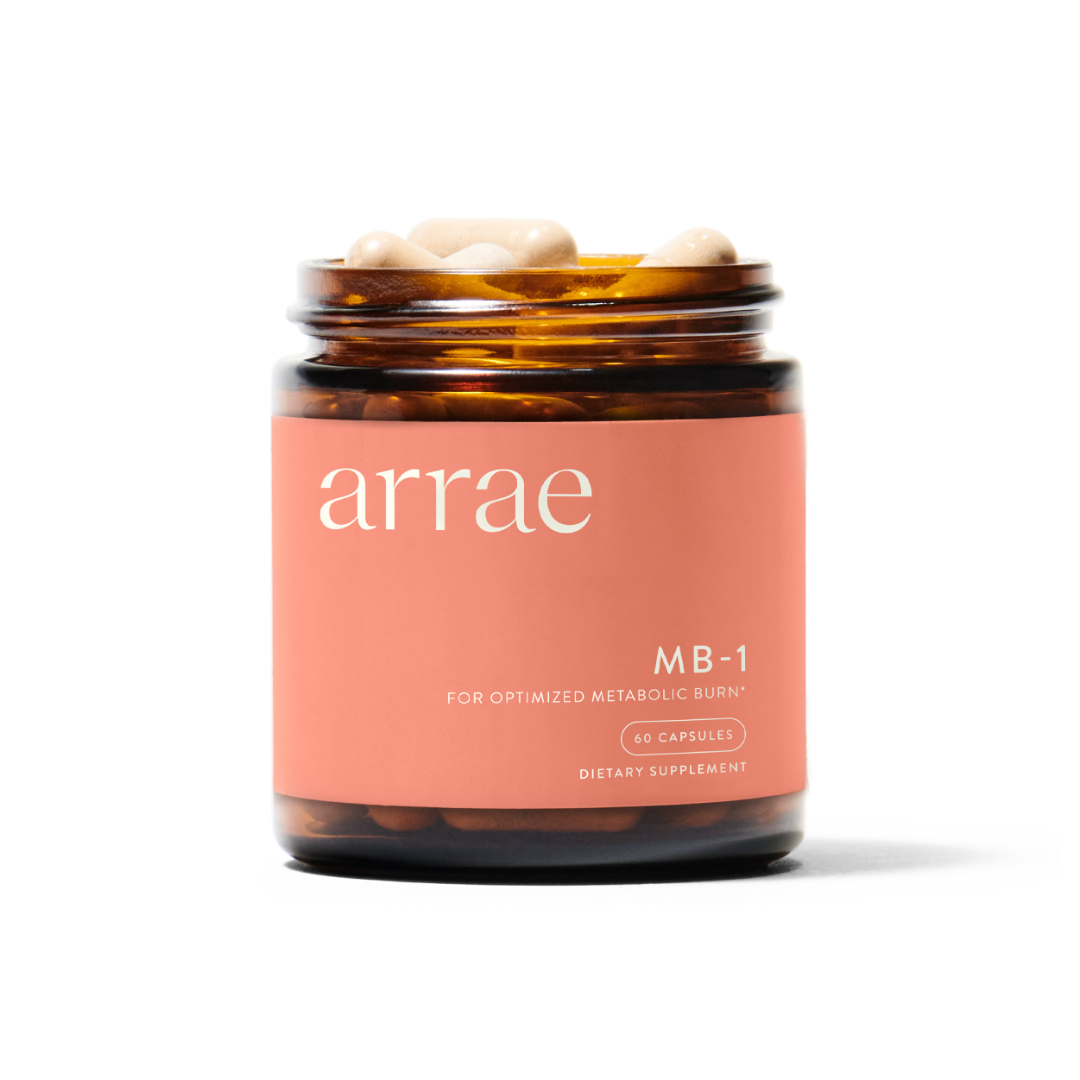
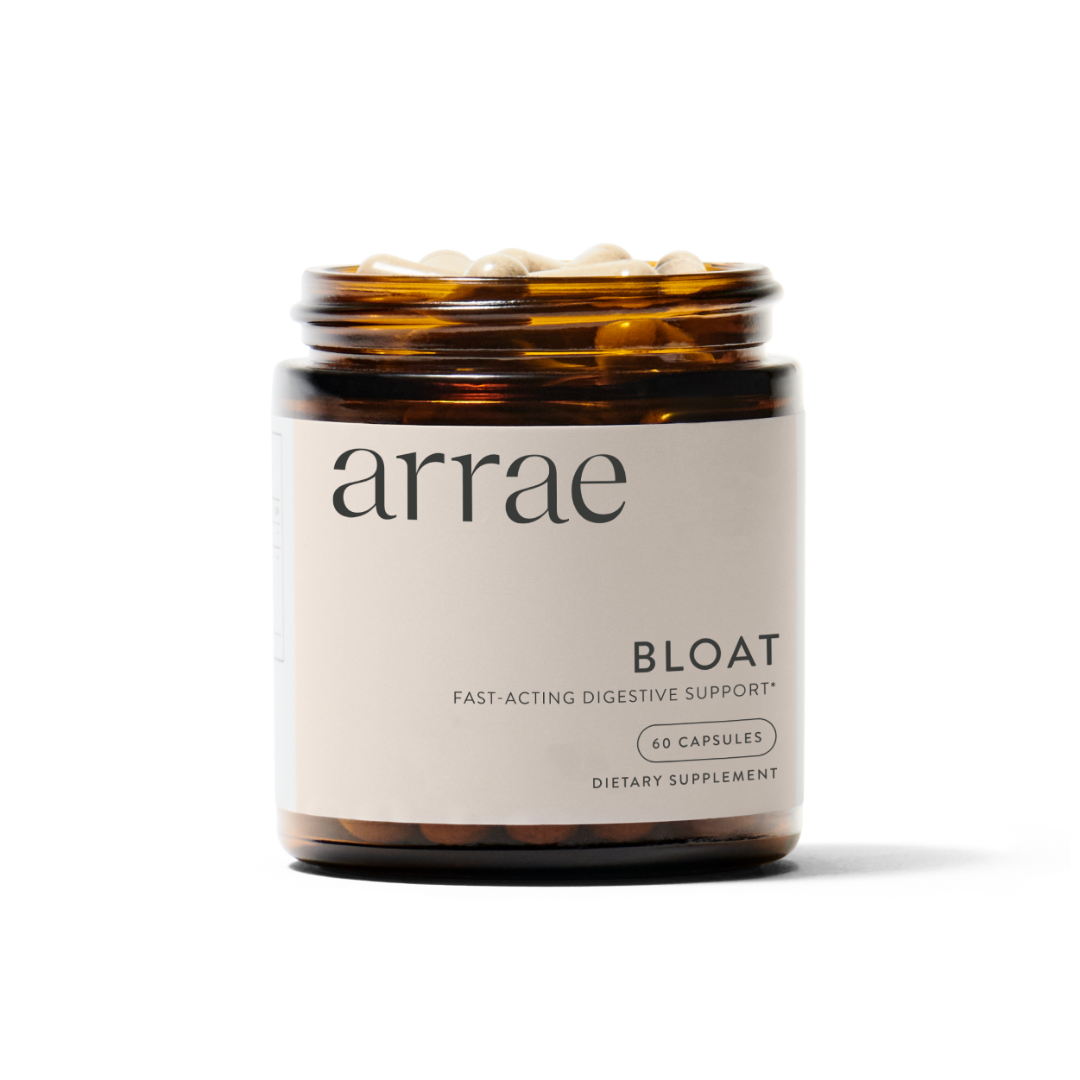
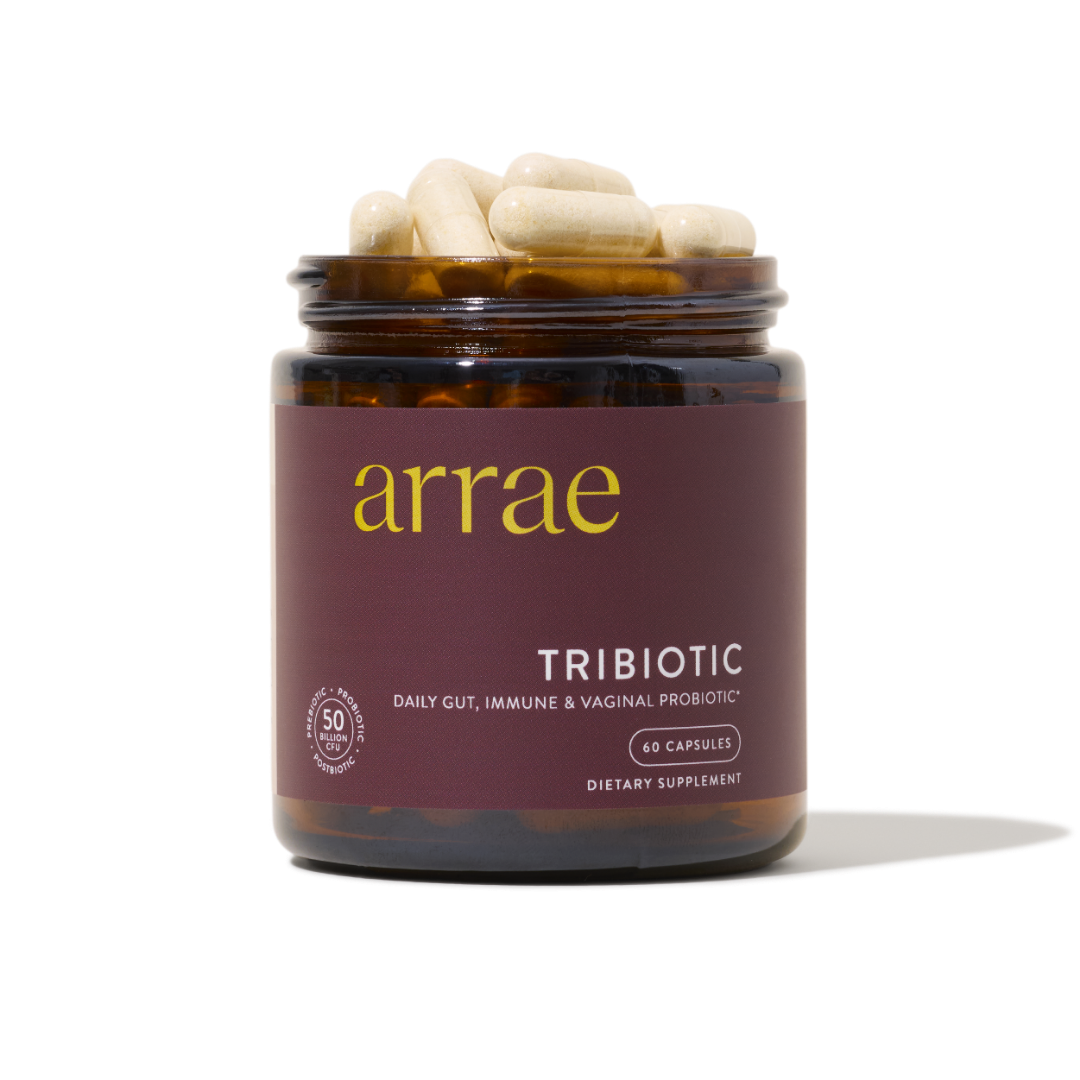
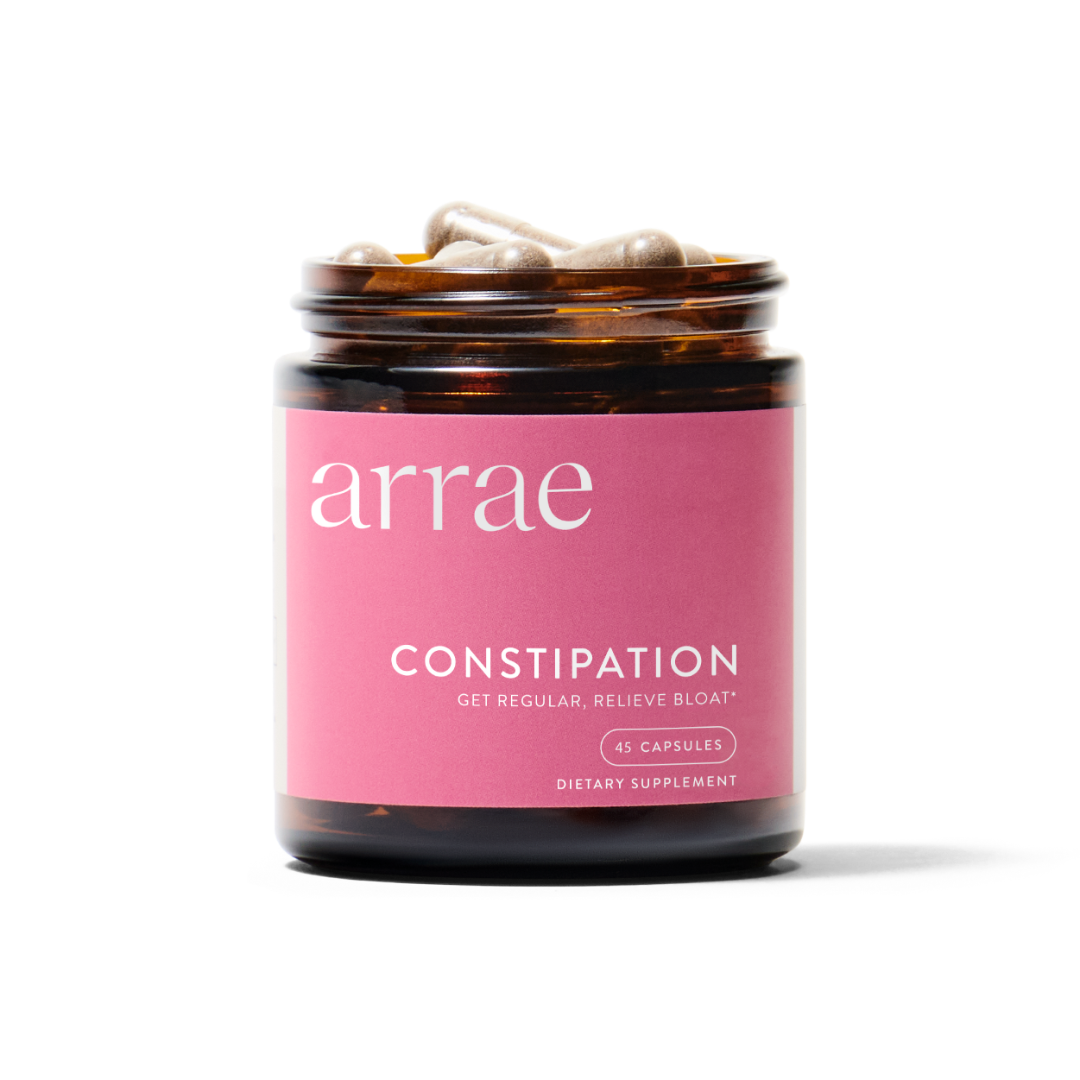

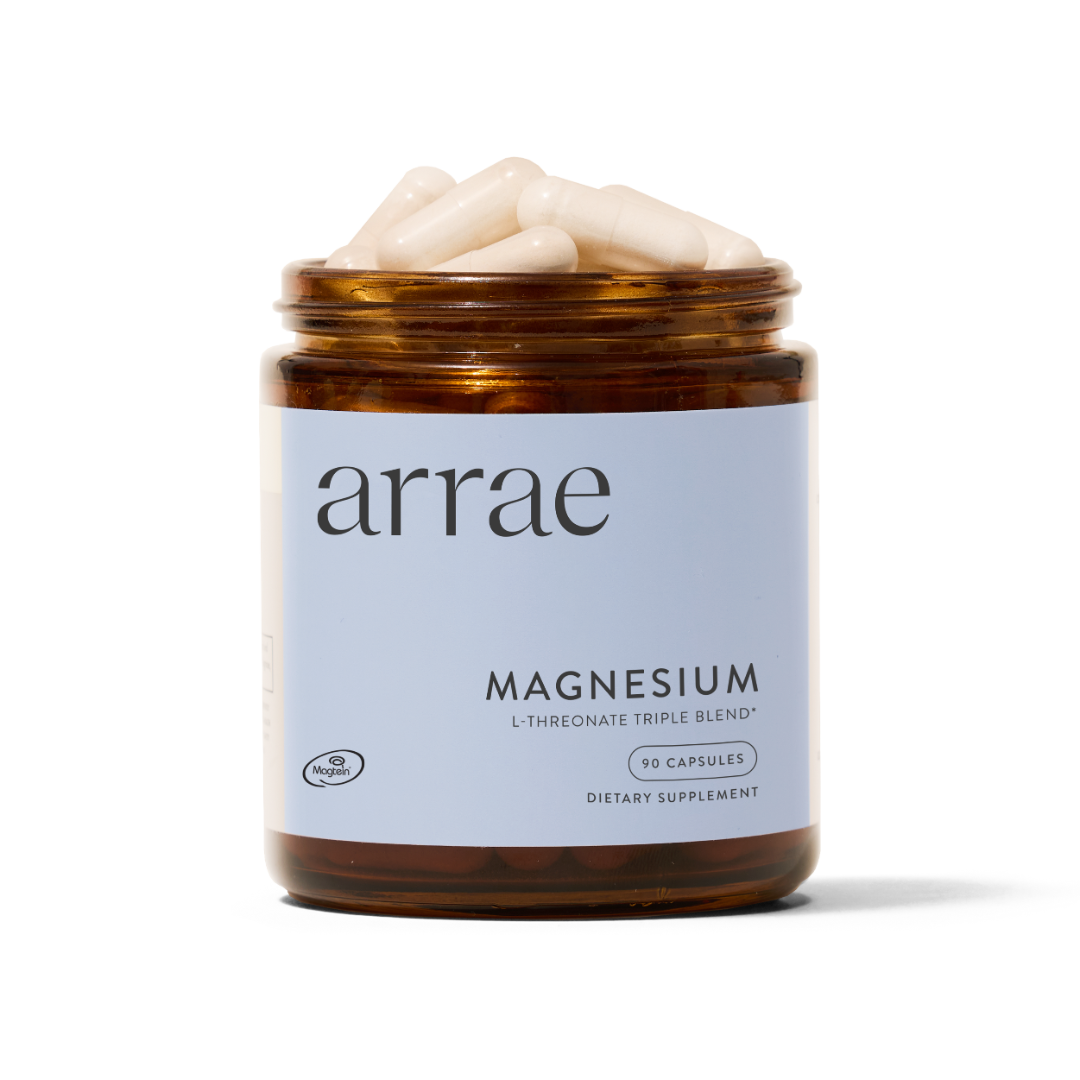
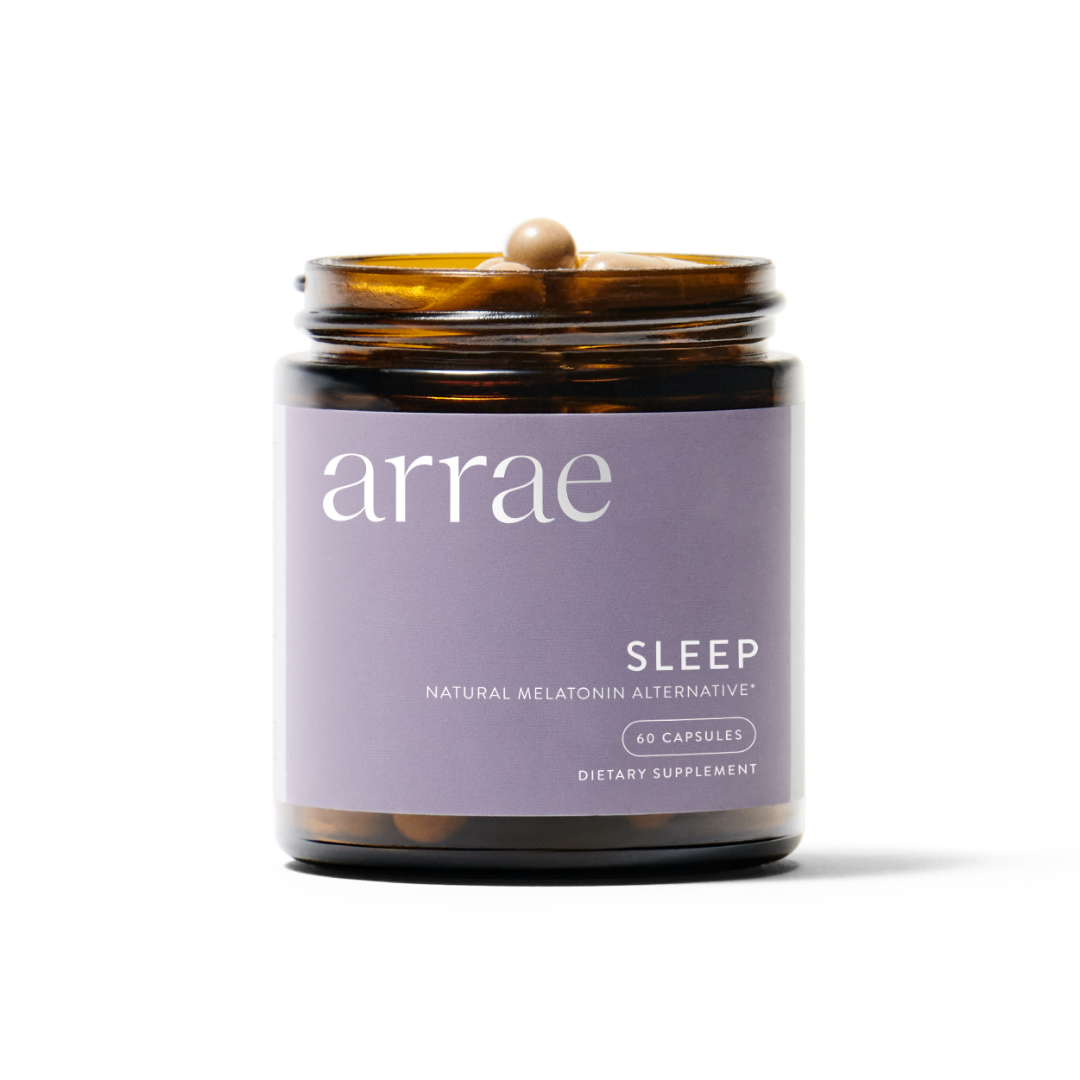
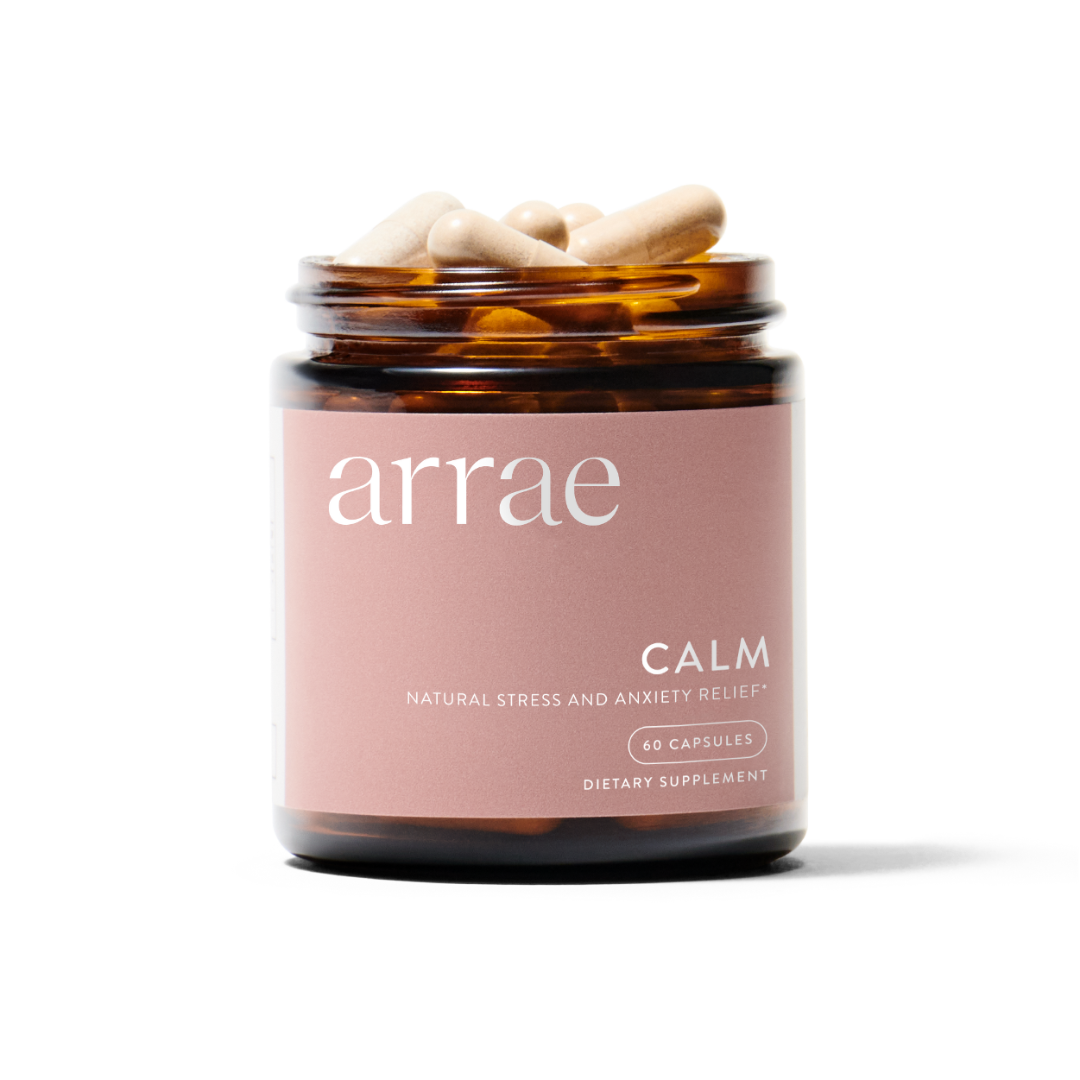
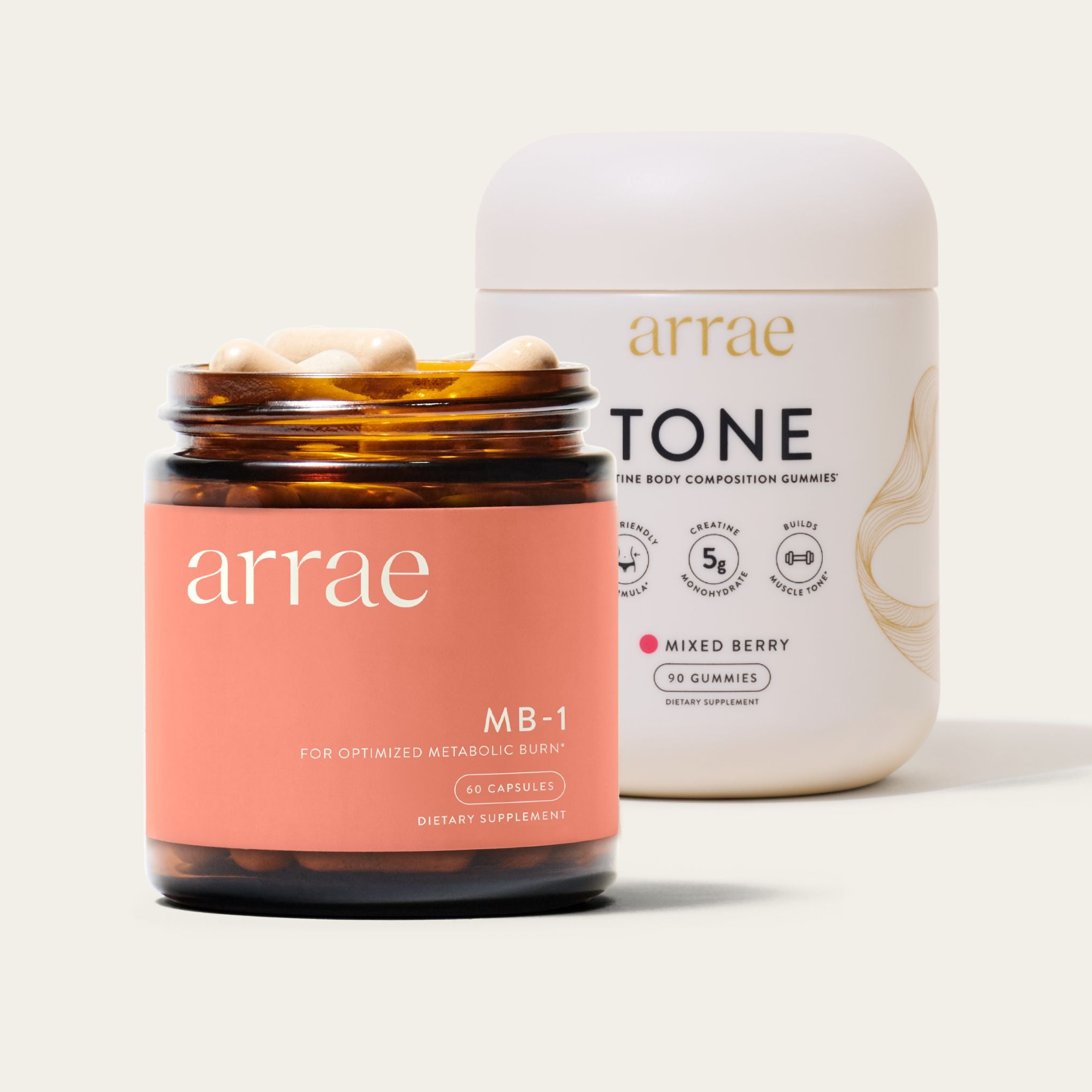
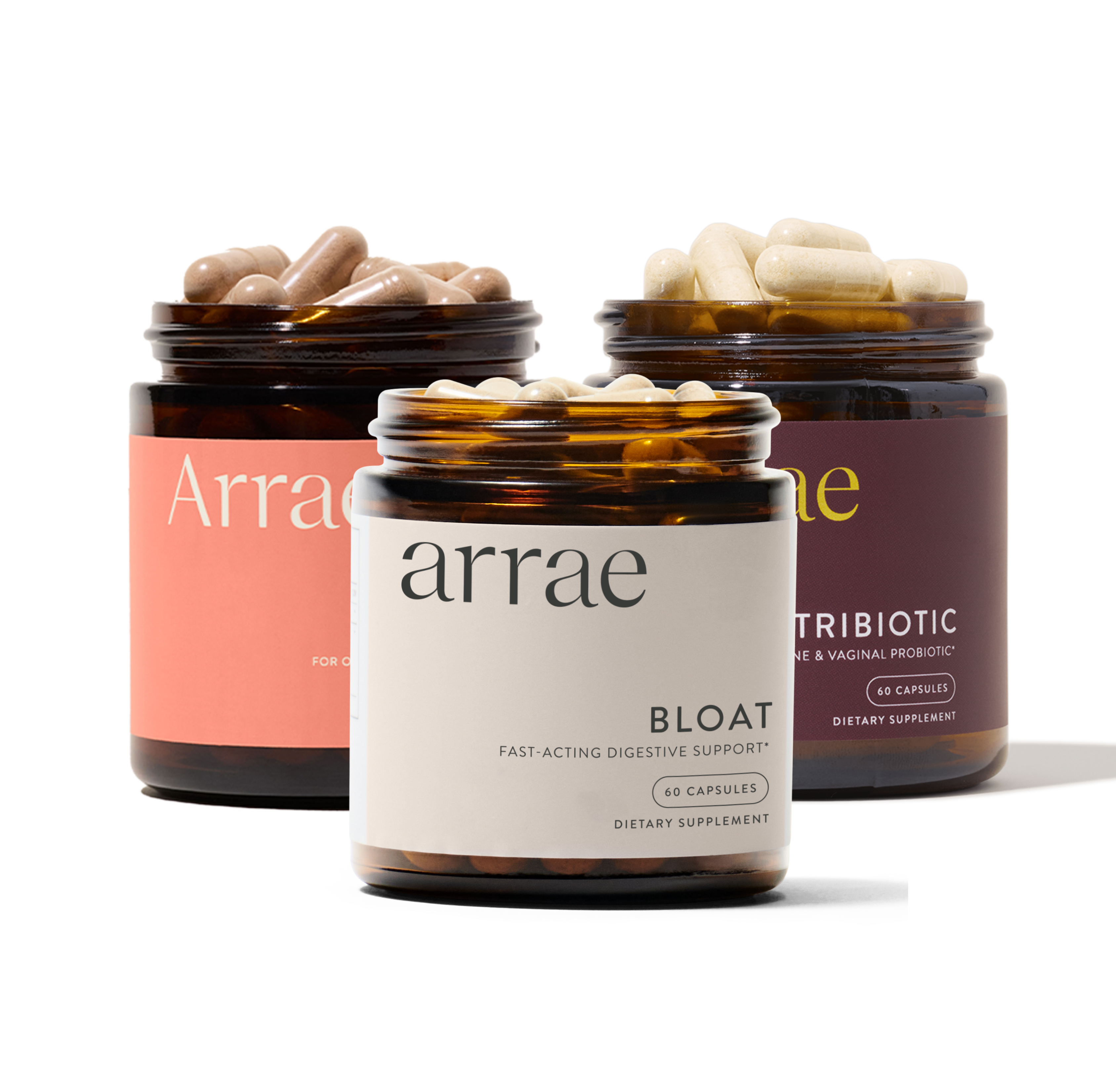
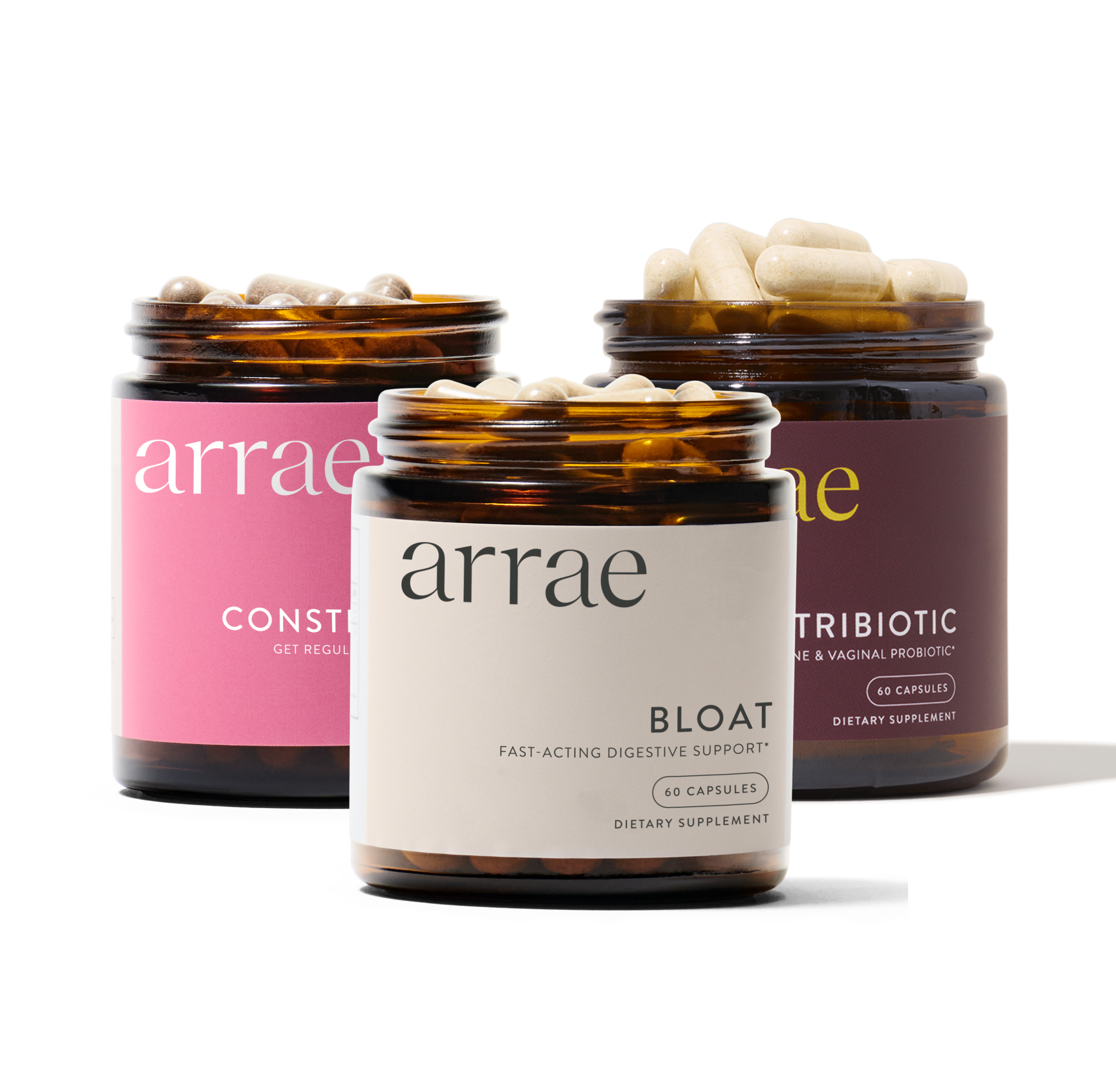








 Instagram
Instagram TikTok
TikTok Youtube
Youtube Facebook
Facebook Email
Email